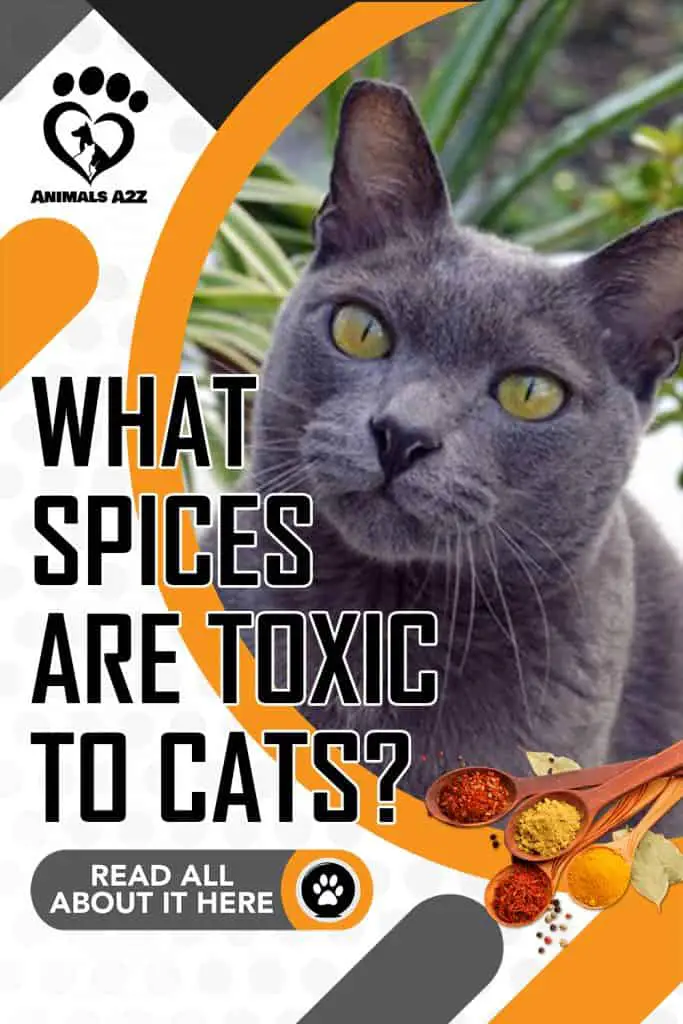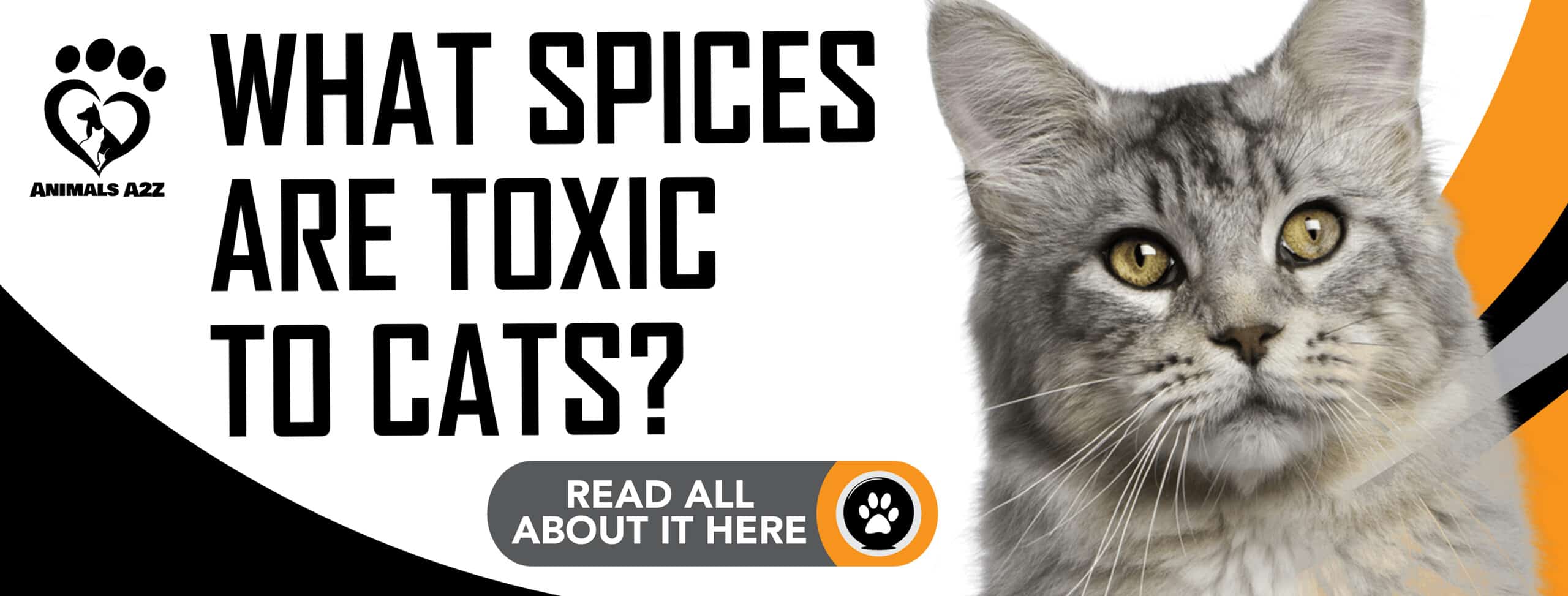As cat guardians, the safety and health of your cat is of the utmost importance. This is why you make sure they are eating well by feeding them only the best cat food.
Even then, our pet cats are always so curious about human food. It can be so tempting to give in to their cute little faces and give them human food but there’s a lot of foods and spices that are perfectly safe for humans, but are actually toxic to cats.
These spices are toxic to your kat or kitten:
- Garlic,
- Onion
- Chives
- Chamomile
- Cayenne Pepper
However, these are not the only things you should keep away from your furry friend. Keep reading and learn how to keep him or her safe.
Table of Contents
Herbs and spices to avoid
Garlic, onion, and chives, the cornerstone herbs of a lot of great dishes can cause a lot of damage on our furry companions. In large amounts or in concentrated forms such as in onion soup and garlic powder, they can cause anemia in cats. Cats that have ingested a lot of garlic, onions and chives will become weak ang lethargic, have a reduced apetite, pale gums, and reddish urine. At this stage, it’s highly recommended that they be taken to the vet immediately .
Chamomile is very calming to humans, especially in tea form, but there are some types of chamomile that’s dangerous to both cats and dogs. English, Garden, Roman and True chamomile should be kept away from your cat as much as possible. These types of chamomile can cause vomiting, diarrhea, dernatitis, anorexia and allergic reactions.
Cayenne Pepper is often said to be a great cat repellent because cats don’t like the smell and taste of it. However, when Cayenne Pepper is sprinkled all over the garden, it can get stuck in the paws and fur of the cats roaming around. This becomes a big problem when those cats inevitably start to groom themselves, rubbing the pepper powder all over their eyes and noses which will result in irritation and discomfort.
Other human foods cats should steer clear of
Grapes, Raisins and Currants, even in small amounts can cause kidney failure to cats. These fruits should be kept far away from your cat.
Caffeine. There are a lot of sources of caffeine inside the home such as in coffee, teas, sodas, energy drinks, and even in diet pills. These should be kept away from your cat as even in small quantities, it can cause problems as bad as organ damage.
What do I do if my cat has eaten something they shouldn’t have?
Despite your best efforts, there are times that your cat’s curiosity just wins them over and they eat something toxic.
The first thing to do is to check if they are exhibiting any symptoms such as vomiting, diarrhea, frequent urination, difficult or heavy breathing, seizures, incoordination, or worse coma. Don’t wait for your cat to exhibit multiple symptoms.
To be absolutely safe, as soon as you suspect that they’re poisoned, take them to your vet. Cats have very small bodies so when they get poisoned, if not dealt with swiftly, it can get very bad very quickly.
Common questions about cat diet
Can my cat be vegan?
No. Cats are what is called an obligate carnivore. This means that they rely heavily on animal products to get all the nutrients they need.
Cats need a lot of protein, a bit of fat, and very little amounts of carbs to stay healthy, fit, and happy. You also can’t just substitute the vitamins and minerals cats need in their diet with supplements. Cat dietary supplements should only be given with your vet’s approval.
Which is better, commercial cat food diet or homemade cat diet?
Making your own cat food to feed your cat is a very challenging and tedious task. Unless you are a cat dietician, you may find it particularly hard to make sure that you have all proper amounts of nutrients in your cat’s food.
Unless specifically recommended by your vet, it is much better for your time, energy, wallet and cat for you to just purchase commercial cat food.
Check the food you buy for your cat to see if it meets your cat’s individual needs.
How much treats can I give my cat?
Cat treats are absolutely fine to give to your cat — in moderation. These little snacks that your cats go crazy for are not nutritionally balanced and should never replace your cat’s meal.
Cat treats very often contain a lot of calories. A good rule of thumb is that cat treats should never exceed 10-15% of your cat’s daily caloric intake.
Conclusion
To keep your cat healthy and happy, keep them away from onions, garlic, chives, chamomie, Cayenne pepper, grapes, raisins, currants, and caffeine. There’s definitely more stuff in your house that are dangerous for your cat to ingest that isn’t mentioned in this list.


